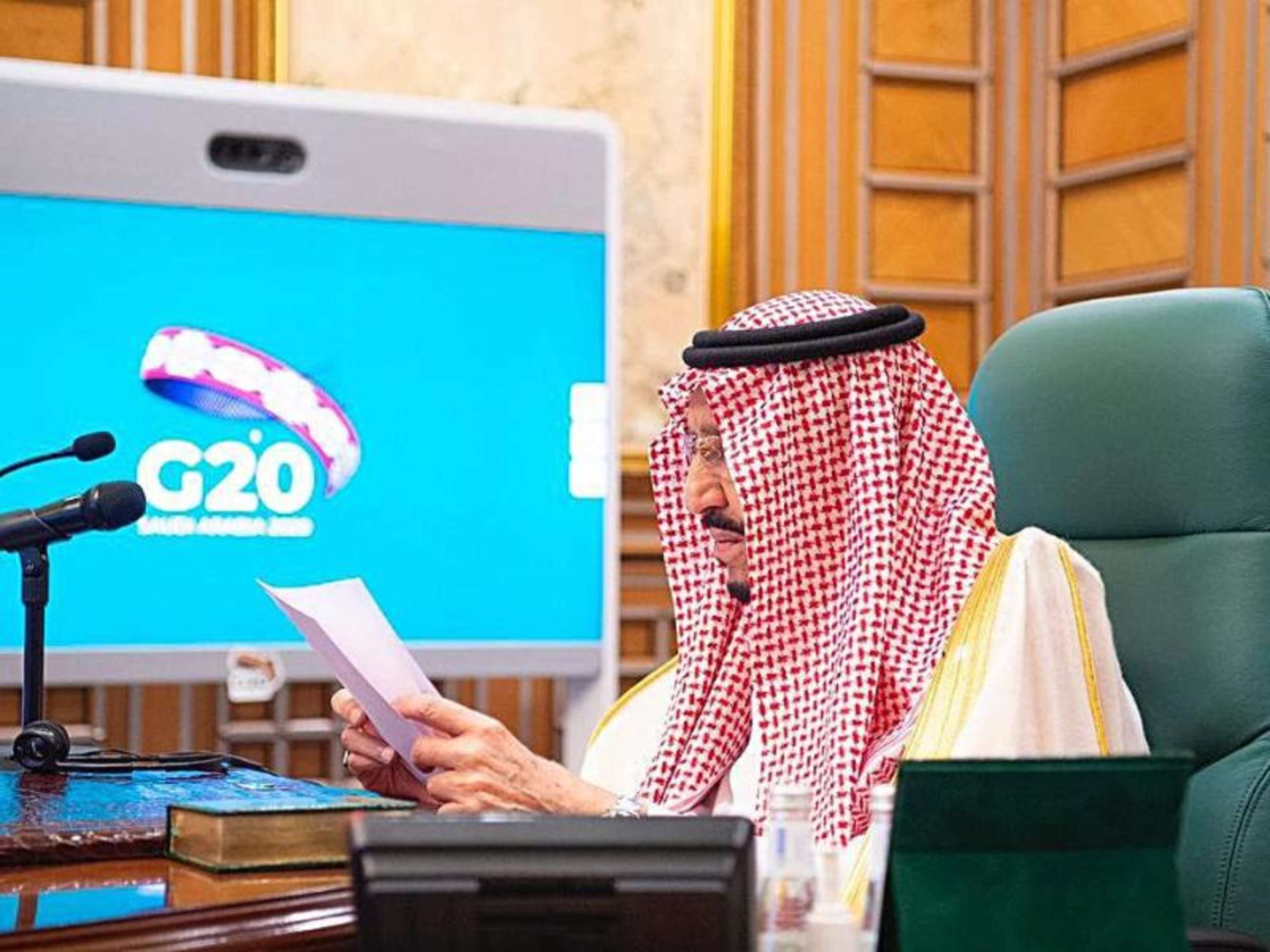Referring to the recent G20 summit held virtually from Riyadh, Reza Mirabian told the Strategic Council on Foreign Relations that the summit meeting was not properly welcomed in spite of the serious planning by Saudi Arabia.
“This summit lacked the required weight and significance due to some reasons: First, this summit was held in the form of videoconference and many distinguished figures were not addressed by King Salman online. Even US President Donald Trump participated for a short while in the summit and left it very rapidly,” he said, adding that Saudi Arabia failed to hold a successful summit to realize the objectives they were seeking.
Asked why Saudi Arabia accepted to host the summit in spite of the many criticisms against it for the grave violation of human rights, he said Saudi authorities were trying to revive and publicize the so-called Neom Plan in the G20 summit meeting however they failed.
Neom is a planned city to be built in the northwest of Saudi Arabia and used as a tourist hub in view of extensive foreign investment, about 500 billion dollars, Mirabian said, adding that the ambitious Neom project has stopped due to the declining approval rate of Mohammad bin Salman, the sharp drop in oil sale and prices, the costly Yemen war, reducing the budget of the state and the shortage of credibility of the Saudi Crown prince for his policies.
He emphasized that the G20 Summit was held under the worst conditions Saudi Arabia is experiencing and failed to realize its goals and seek credibility due to the reasons mentioned earlier.
Mirabian said Saudi Arabia did not have the legitimacy required for holding such a summit meeting which was held virtually only under the support of the United States and some European countries such as the United Kingdom.
“With the US and British support, there was no legitimacy whatsoever for Saudi Arabia to host the G20 Summit meeting due to the serious violation of human rights by the Saudis and their open intervention in Yemen and killing innocent Yemenis.”
Referring to human rights violations of Saudi Arabia, he said many cases of the violation of the human rights of people remain open against the Saudi monarchy including the murder of Saudi journalist Jamal Khashoggi whose case has been dealt with by a court in the United States that has summoned Saudi Crown Prince Mohammad bin Salman.
“The US Congress has some reservations about this case and it is yet to know if the immunity provided by Trump for the protection of Mohammad bin Salman would continue to be observed after Trump leaves the White House in January 2021.”
Referring to the prohibition and condemnation of the sale of arms and weapons by Germany to Saudi Arabia on human rights grounds, Mirabian said these weapons are used against the civilian population and killing of innocent people in Yemen.
With Joe Biden as US President, Saudi Arabia would be placed under more pressure mainly for human rights cases.
“With the exit of Trump from the White House, it seems the US umbrella support for Saudi Arabia would be withdrawn and unresolved cases of human rights such as the war on Yemen and Khashoggi murder would be investigated and pursued by the new US administration.
Referring to some reforms taken by Mohammad bin Salman to allow Saudi women to drive, travel freely, uncover their heads and attend concerts, Mirabian said such reforms have failed to divert international attention from the violation of human rights in Saudi Arabia.
“Even though Mohammad bin Salman tried to create openings in the society, he failed to divert the attention of the West from human rights violations which have undermined the legitimacy of the ruling regime in Riyadh.”










0 Comments